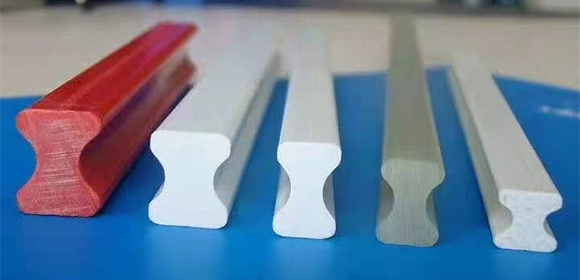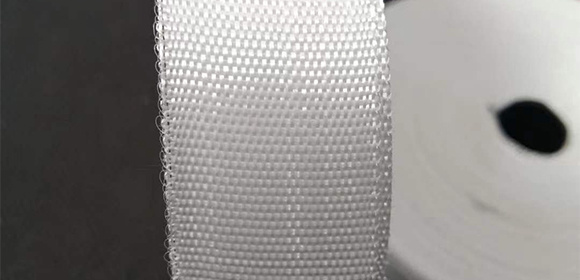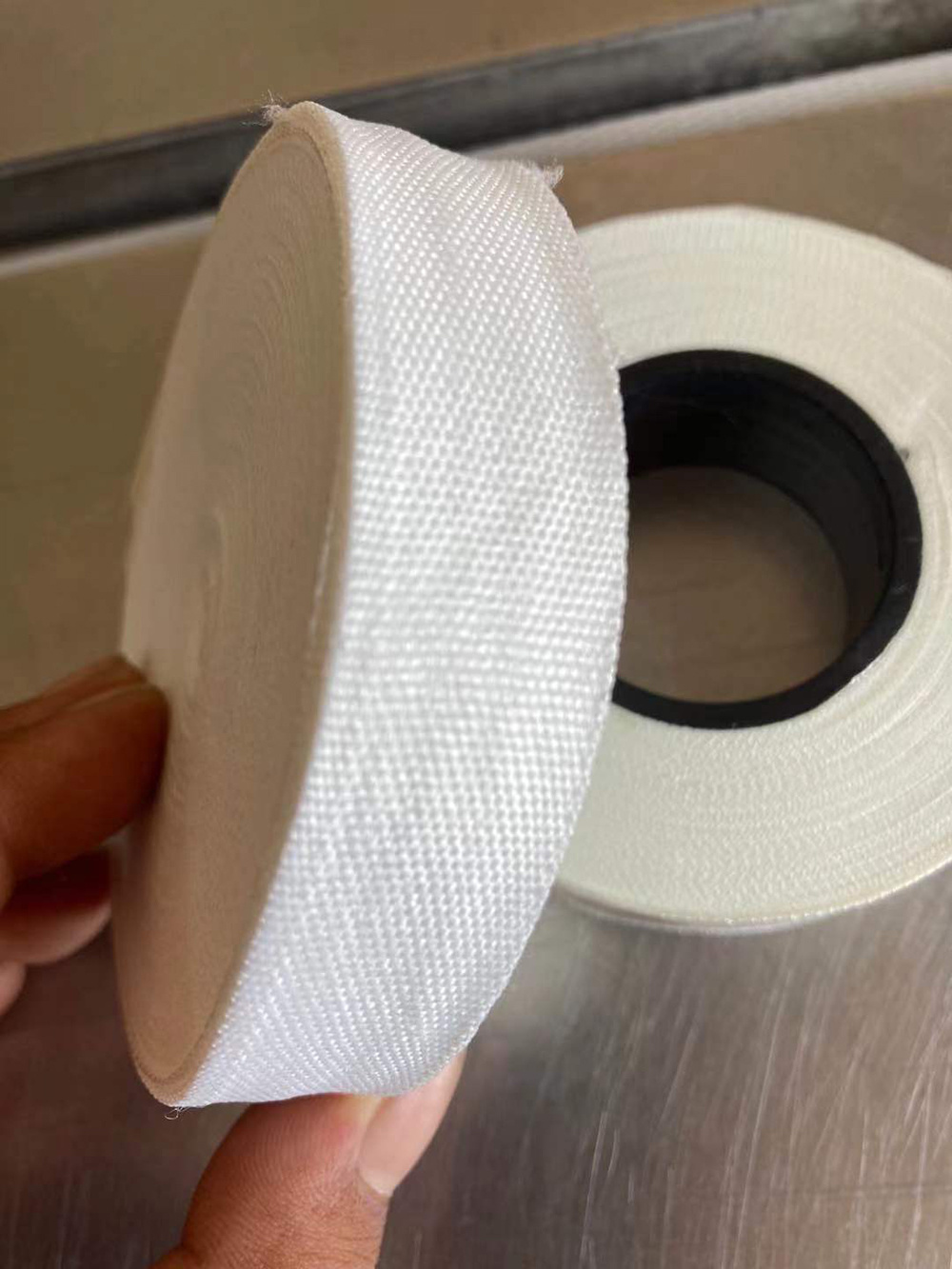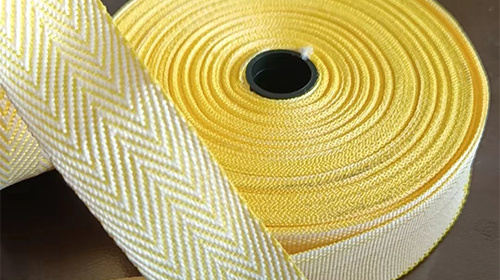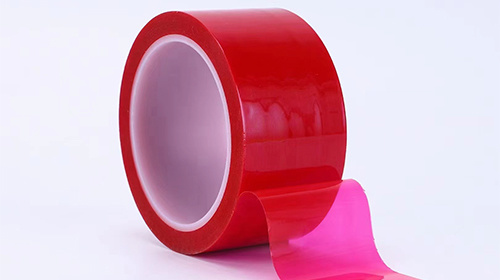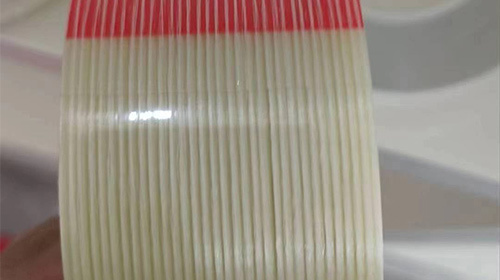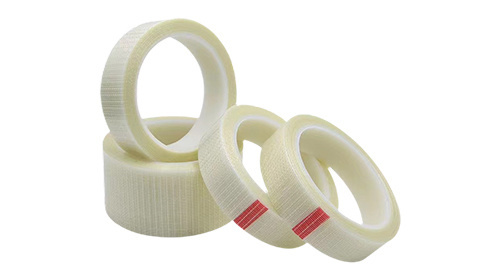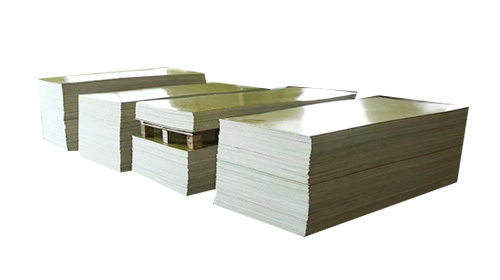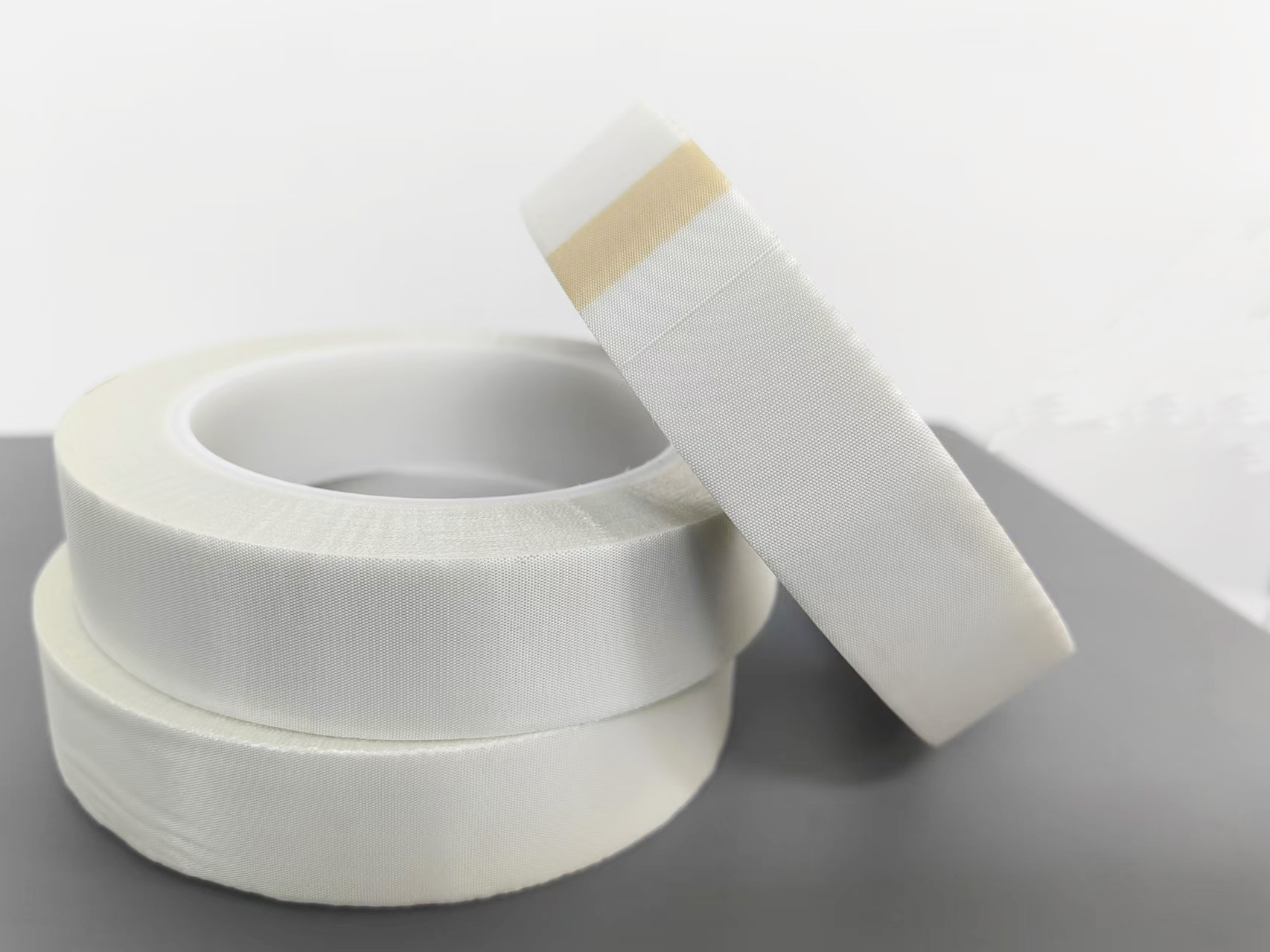PVC Fiberglass Sleeves: Meeting the Demands of Modern Electrical Needs
PVC Fiberglass Sleeves: Meeting the Demands of Modern Electrical Needs
Table of Contents
1. Introduction to PVC Fiberglass Sleeves
2. What Are PVC Fiberglass Sleeves?
3. Benefits of Using PVC Fiberglass Sleeves
3.1 Thermal Resistance
3.2 Chemical Resistance
3.3 Mechanical Strength
4. Applications of PVC Fiberglass Sleeves
PVC Fiberglass Sleeves: Meeting the Demands of Modern Electrical Needs
Table of Contents
- 1. Introduction to PVC Fiberglass Sleeves
- 2. What Are PVC Fiberglass Sleeves?
- 3. Benefits of Using PVC Fiberglass Sleeves
- 4. Applications of PVC Fiberglass Sleeves
- 5. Installation and Usage Guidelines
- 6. Comparison with Other Insulation Materials
- 7. Future Trends in PVC Fiberglass Technology
- 8. Frequently Asked Questions
- 9. Conclusion
1. Introduction to PVC Fiberglass Sleeves
The evolution of electrical insulation materials has paved the way for enhanced safety, efficiency, and durability in various applications. Among these materials, **PVC fiberglass sleeves** stand out as a versatile option that meets the modern demands of industries ranging from automotive to aerospace. In this article, we delve into the intricacies of PVC fiberglass sleeves, exploring their benefits, applications, and installation guidelines, ensuring that you have a comprehensive understanding of this essential material.
2. What Are PVC Fiberglass Sleeves?
**PVC fiberglass sleeves** are protective tubes made from a combination of polyvinyl chloride (PVC) and fiberglass. This unique composition offers a high degree of flexibility, resilience, and thermal stability, making them an ideal choice for electrical insulation. These sleeves are typically used to protect wires and cables from environmental factors, mechanical damage, and electrical hazards.
The manufacturing process involves weaving strands of fiberglass within a PVC matrix, resulting in a product that is not only strong but also lightweight. This combination enhances the sleeves' ability to withstand temperature fluctuations, chemical exposure, and physical stress.
3. Benefits of Using PVC Fiberglass Sleeves
Understanding the benefits of PVC fiberglass sleeves can help industries make informed decisions about their electrical insulation needs. Below, we highlight the primary advantages of these sleeves.
3.1 Thermal Resistance
One of the standout features of PVC fiberglass sleeves is their exceptional **thermal resistance**. They can withstand high temperatures, typically ranging from -40°C to 105°C (-40°F to 221°F), making them suitable for use in extreme environments. This thermal stability prevents degradation of the insulation material, ensuring the longevity of electrical components.
3.2 Chemical Resistance
PVC fiberglass sleeves demonstrate excellent **chemical resistance** to a variety of substances, including acids, bases, and solvents. This characteristic makes them ideal for use in industries where exposure to aggressive chemicals is common, such as in manufacturing facilities and laboratories.
3.3 Mechanical Strength
The mechanical strength of PVC fiberglass sleeves is another significant advantage. These sleeves provide excellent protection against abrasion, impact, and other physical stresses that cables may encounter in industrial settings. The robust nature of the fiberglass reinforcement ensures that the sleeves maintain their integrity under pressure.
4. Applications of PVC Fiberglass Sleeves
The versatility of PVC fiberglass sleeves allows for a wide range of applications across various industries. Here, we explore some of the key areas where these sleeves are utilized.
4.1 Electrical Insulation
**Electrical insulation** is perhaps the most common application for PVC fiberglass sleeves. They serve to protect electrical wires and cables from short circuits, moisture, and physical damage. By providing a reliable insulating barrier, these sleeves help ensure the safe operation of electrical systems in homes, offices, and industrial facilities.
4.2 Automotive Industry
In the **automotive industry**, PVC fiberglass sleeves are used extensively to protect wiring harnesses and other electrical components. The high thermal and chemical resistance of these sleeves safeguards automotive electronics from the harsh conditions encountered within engine compartments, enhancing the longevity and reliability of vehicle electrical systems.
4.3 Aerospace Applications
The **aerospace sector** demands materials that can withstand extreme conditions, making PVC fiberglass sleeves a suitable choice for this industry. They provide insulation for wiring in aircraft, protecting against high temperatures and potential mechanical damage during flight, thereby ensuring safety and operational efficiency.
5. Installation and Usage Guidelines
Proper installation of PVC fiberglass sleeves is crucial to maximize their effectiveness. Below are some guidelines to follow for optimal usage.
- **Preparation**: Before installation, ensure that the surface of the wire or cable is clean and free from contaminants.
- **Cutting**: Use a sharp utility knife to cut the fiberglass sleeve to the desired length. Ensure the cut is clean to prevent fraying.
- **Sliding On**: Carefully slide the sleeve over the wire or cable, ensuring that it fits snugly.
- **Securing**: Depending on the application, use heat-shrink tubing or electrical tape to secure the ends of the sleeve, preventing it from slipping.
Following these guidelines will ensure that PVC fiberglass sleeves provide maximum protection and performance.
6. Comparison with Other Insulation Materials
When selecting insulation materials, it is essential to understand how PVC fiberglass sleeves compare with alternatives.
- **Silicone Sleeves**: Silicone offers excellent flexibility and temperature resistance but is generally more expensive than PVC fiberglass sleeves.
- **PVC Tubing**: While PVC tubing is widely used, it lacks the thermal and mechanical properties provided by fiberglass reinforcement.
- **Rubber Sleeves**: Rubber sleeves provide good insulation but may not withstand the same temperature extremes as PVC fiberglass sleeves.
Overall, PVC fiberglass sleeves offer a balanced combination of cost-effectiveness, strength, and versatility, making them a preferred choice in many applications.
7. Future Trends in PVC Fiberglass Technology
As technology continues to evolve, so does the production and application of PVC fiberglass sleeves. Innovations aimed at enhancing the performance of these sleeves are on the rise. Future trends may include:
- **Advanced Composite Materials**: Incorporating nanotechnology and other advanced materials may result in even more robust and lightweight insulation solutions.
- **Sustainable Materials**: The industry is increasingly focusing on sustainability, with research into bio-based polymers that can replace traditional PVC without compromising performance.
- **Enhanced Customization**: Future products may offer more customization options to cater to specific industry needs, allowing for tailored thermal and chemical resistance properties.
8. Frequently Asked Questions
What are PVC fiberglass sleeves used for?
PVC fiberglass sleeves are primarily used for electrical insulation, providing protection to wires and cables from environmental and mechanical damage.
How do I install PVC fiberglass sleeves?
To install PVC fiberglass sleeves, clean the wire surface, cut the sleeve to the desired length, slide it over the wire, and secure the ends if necessary.
Are PVC fiberglass sleeves resistant to chemicals?
Yes, PVC fiberglass sleeves have excellent chemical resistance, making them suitable for use in environments exposed to various aggressive substances.
What temperature range can PVC fiberglass sleeves withstand?
PVC fiberglass sleeves can typically withstand temperatures from -40°C to 105°C (-40°F to 221°F).
How do PVC fiberglass sleeves compare to silicone sleeves?
While silicone sleeves offer excellent flexibility and temperature resistance, PVC fiberglass sleeves are generally more cost-effective and provide superior mechanical strength.
9. Conclusion
In summary, PVC fiberglass sleeves are an essential component in meeting the demands of modern electrical insulation. Their unique combination of thermal resistance, chemical resistance, and mechanical strength makes them invaluable across various industries, including automotive and aerospace. With proper installation and a clear understanding of their applications, these sleeves can significantly enhance the safety and efficiency of electrical systems. As advancements in materials technology continue to evolve, we can expect PVC fiberglass sleeves to remain at the forefront of electrical insulation solutions, providing reliable protection for the future.






